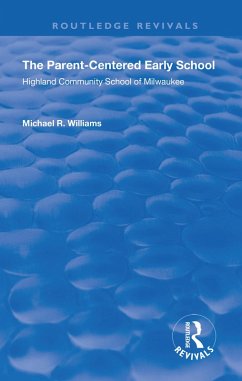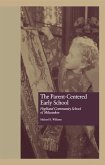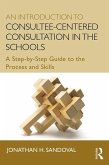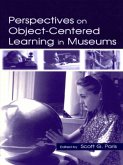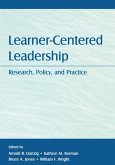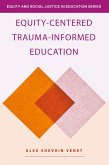First Published in 1997. This case study of a small independent parent-run program in Milwaukee's inner city, finds that several factors combine to make the school effective: parental involvement at all levels including governance; a clear and shared sense of mission; and a coherent Montessori curriculum that takes children from preschool through the third grade. The study employed data from several surveys of parents, teachers, interviews with participants, and observation over five years. Begun twenty-seven years ago by parents and community members alienated from dysfunctional public schools and still supported mostly by contributions, Highland today is one of only a dozen schools in the United States receiving some of its revenue under a voucher program that provides state funds to independent schools. After an overview of Highland's history, demographics, and measures of success, two chapters examine the school's commitment to diversity, nonviolence, child nurturance, and egalitarianism. Other chapters focus on how Highland involves its parents and how parents alone govern the school, analyze the role of Highland's trustees, and details the school's Montessori curriculum. The final chapter explores the possibility of applying some of Highland's lessons to public school curriculums.
Dieser Download kann aus rechtlichen Gründen nur mit Rechnungsadresse in A, B, BG, CY, CZ, D, DK, EW, E, FIN, F, GR, HR, H, IRL, I, LT, L, LR, M, NL, PL, P, R, S, SLO, SK ausgeliefert werden.

